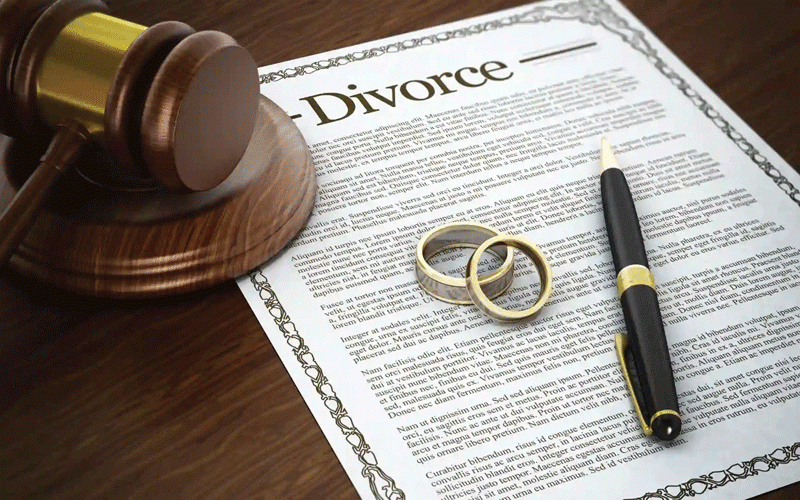The law on divorce in Zimbabwe is governed by the Matrimonial Causes Act (Chapter 5:13). The Act changed the law on divorce as it was prior to 1986. Before this ‘new Act” divorce was granted on the ‘guilty principle’. This meant that in every divorce matter there had to be a guilty party and an innocent party. Because of the guilty principle maintenance could only be claimed by the innocent party.
The ‘new law’ changed the guilty principle and introduced the ‘no-fault divorce’. There is no need for the court to look at who is at fault or who is innocent. Essentially even the ‘guilty’ party can set up his or her own fault and successfully sue for divorce.
Section 4 of the Act gives only two grounds for divorce and these are;
- irretrievable break-down of the marriage, or
- incurable mental illness or continuous unconsciousness of one of the parties to the marriage
These grounds are further explained in sections 5 and 6 of the Act respectively. The court will grant a divorce on the basis of irretrievable breakdown of the marriage ‘if it is satisfied that the marriage relationship between the parties has broken down to such an extent that there is no reasonable prospect of the restoration of a normal marriage relationship between them.’ The Act goes on to list the factors that may be considered by the court as pointing towards irretrievable breakdown of the marriage. The factors listed are not exhaustive and these are;
- not having lived together as husband and wife for at least 12 months,
- adultery,
- imprisonment for specified periods or declaration as a habitual criminal,
- cruelty, mental or otherwise and drug abuse.
With regard to the second ground of divorce, that is mental illness or continuous unconsciousness, it is a requirement that expert medical evidence be produced.
Once evidence is established that the marriage has irretrievably broken down it is not necessary for the court to enquire whether there is misconduct or fault by either party. If on the day of the trial the Plaintiff persists with his/her claim that the marriage has irretrievably broken down the court cannot order the parties to remain married even if the Defendant insists that he/ she still has love and affection for the Plaintiff.
In terms of section 5(3) of the Act the court may in appropriate circumstances postpone the matter if there appears to be a possibility of reconciliation. In most cases where one takes the decision to sue for divorce they are unlikely to consider reconciliation. This is not to say there are no cases of total reconciliation that may occur especially where both parties are willing and voluntarily go for counselling. Evidence has to be adduced to prove that after the filing of the summons the parties reconciled and are now living as husband and wife. As an example pregnancy after a summons for divorce has been filed may not necessarily point to a possibility of reconciliation if the Plaintiff persists with his prayer for divorce.
While the issue of fault is not relevant to the existence of the grounds of divorce it may be necessary when dealing with ancillary issues such as property sharing, custody and maintenance. This is because of section 7(4) of the Act which in part provides as follows;
“and in so doing the court shall endeavour as far as is reasonable and practicable and, having regard to their conduct, is just to do so, to place the spouses and children in the position they would have been in had a normal marriage relationship continued between the spouses.”
It has been held that the misconduct must have been obvious and gross otherwise and the principle is left to judicial discretion. The overall principle is the fair and just division of the assets of the parties and not to penalise one party for an unhappy marriage.
The contents of this article are for general information purposes only and do not constitute our legal or professional advice. We accept no responsibility for any loss or damage of whatsoever nature which may arise from reliance on any of the information published herein.
Copyright © Marume & Furidzo Legal Practitioners 2019

